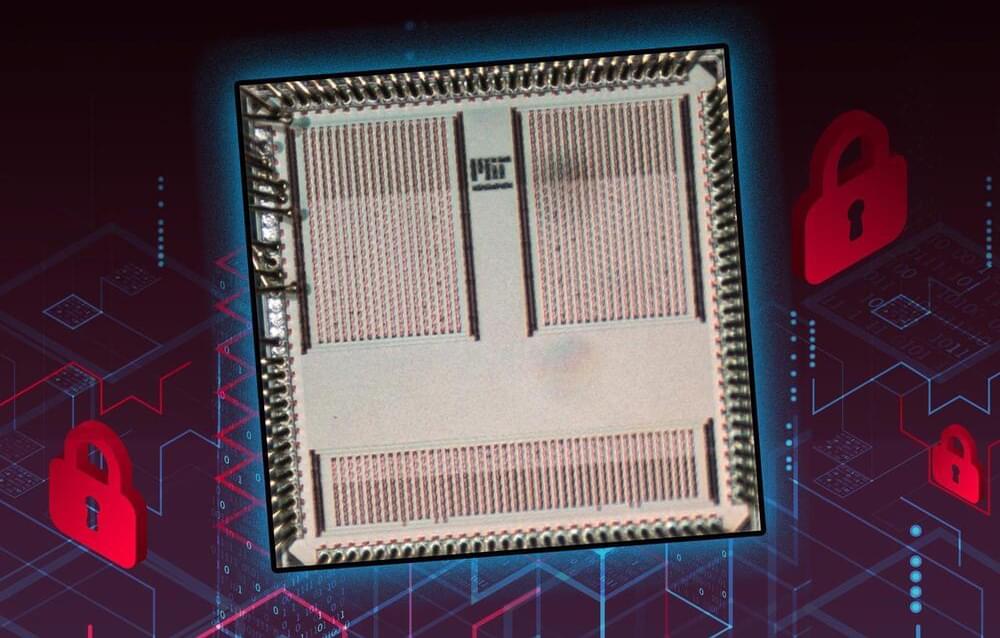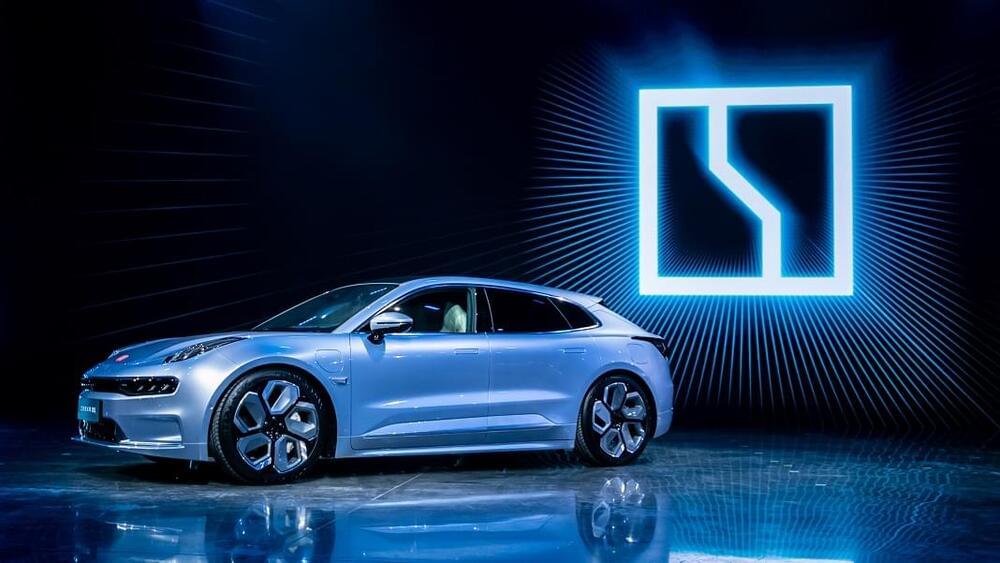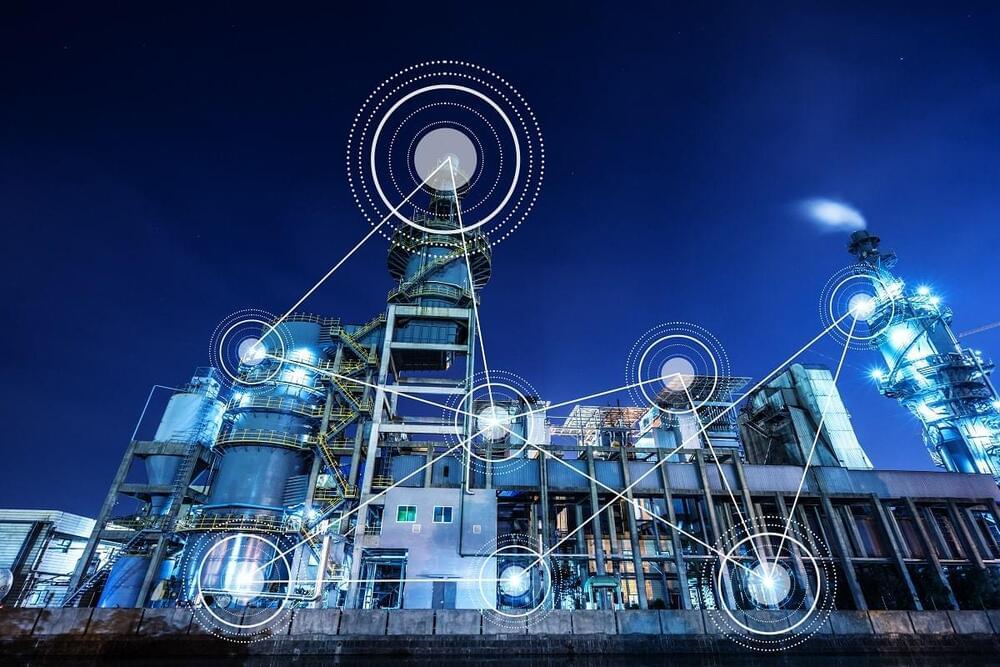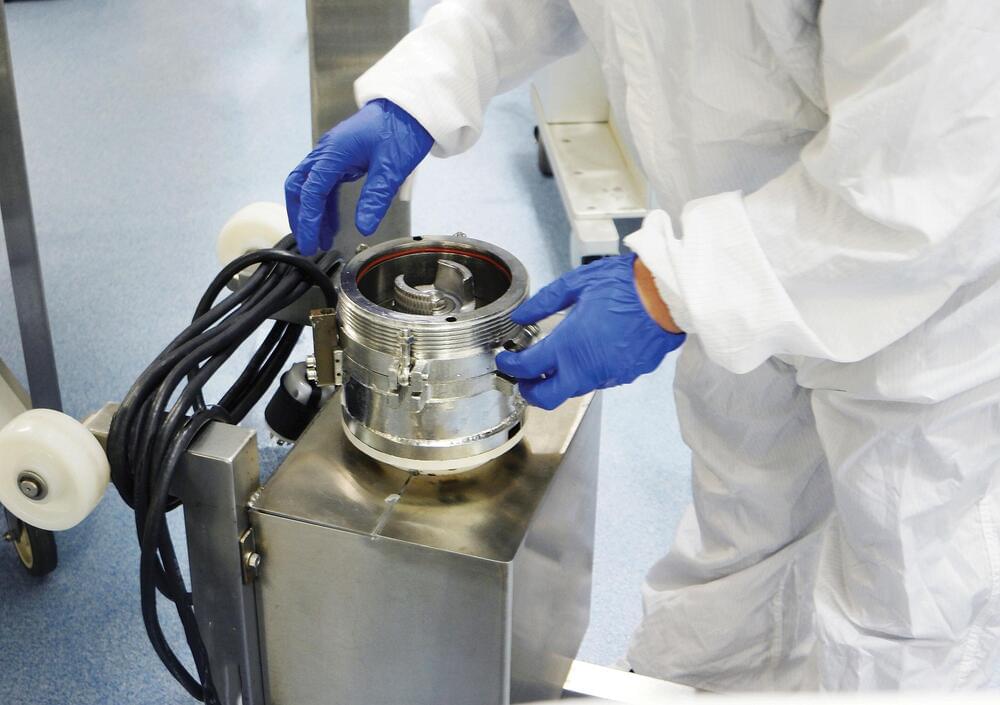Brain organization differs between boys and girls with autism, according to a new study from the Stanford University School of Medicine.
The differences, identified by analyzing hundreds of brain scans with artificial intelligence techniques, were unique to autism and not found in typically developing boys and girls. The research helps explain why autism symptoms differ between the sexes and may pave the way for better diagnostics for girls, according to the scientists.
Autism is a developmental disorder with a spectrum of severity. Affected children have social and communication deficits, show restricted interests and display repetitive behaviors. The original description of autism, published in 1943 by Leo Kanner, MD, was biased toward male patients. The disorder is diagnosed in four times as many boys as girls, and most autism research has focused on males.








